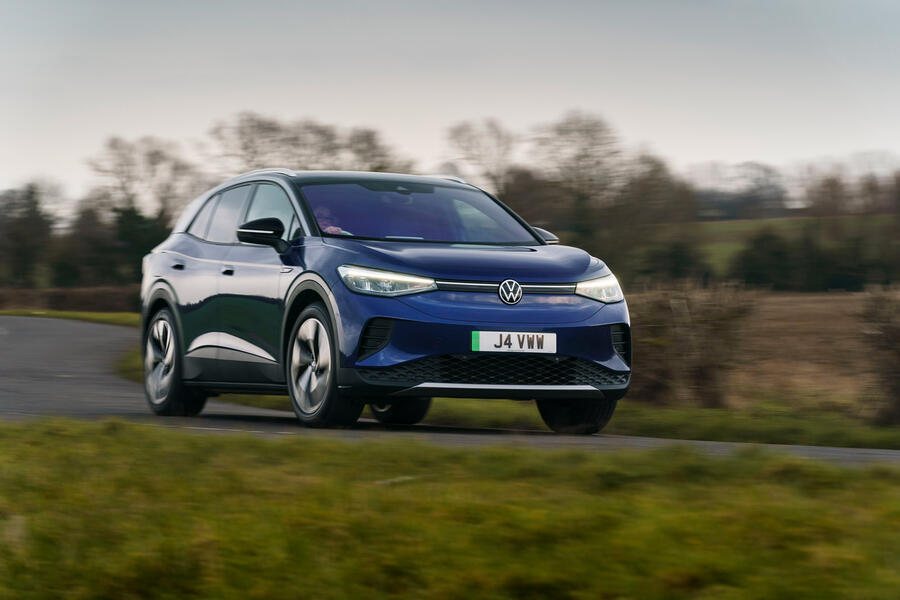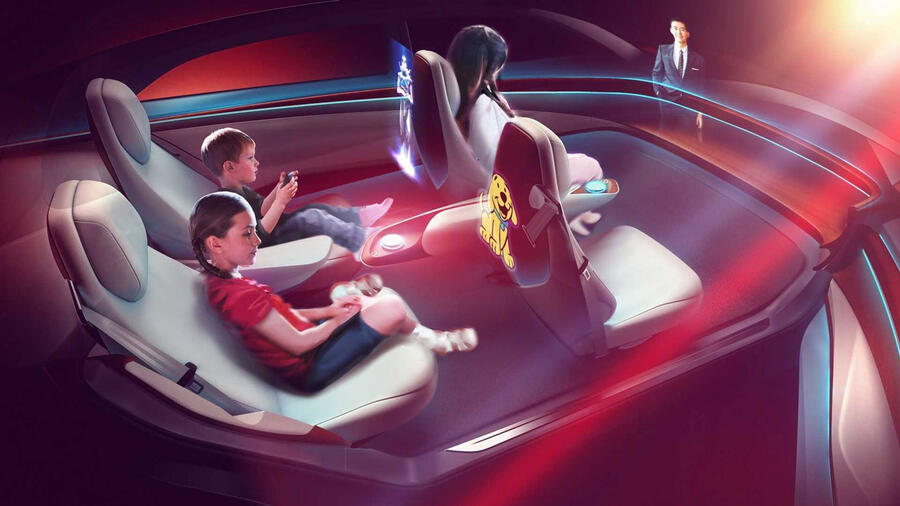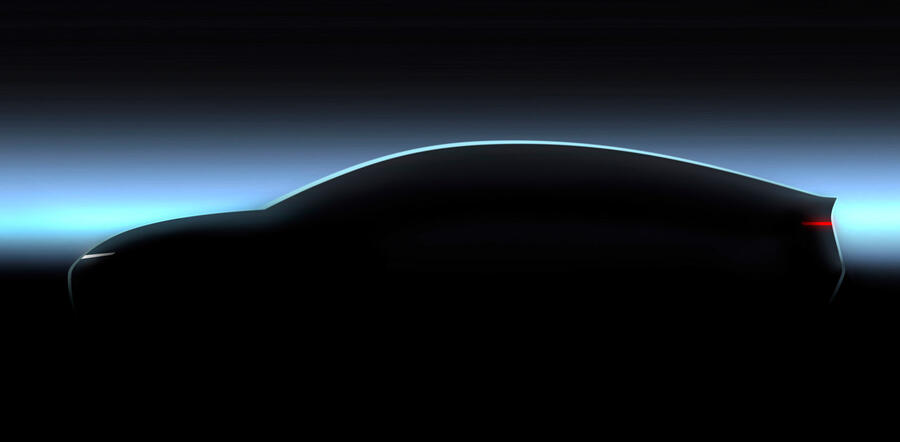Volkswagen’s new flagship model, which it’s developing under the codename Project Trinity and is due in 2026, will spearhead the firm’s next generation of bespoke electric cars with a focus on offering long-range, semi-autonomous driving – and it will change the way that cars are bought.
The new EV, which is still in the conceptual stage but set to take the form of a high-riding, sportback-style saloon, will be one of the first models to use the Volkswagen Group’s new Scalable Systems Platform (SSP). It will also introduce new digital technology and software systems to the brand’s line-up, along with upgraded battery technology offering a long range and fast charging.
The Project Trinity model will be sold in largely standardised form, with only a handful of hardware options made available to customers. Buyers will then be able to buy and ‘unlock’ the features they want through the car’s software. New features will also be offered for sale and downloaded through over-the-air software updates.
Advanced new software will also be key to enabling autonomous driving. Project Trinity will be launched with Level 2 driver assistance systems, but Volkswagen says that it will eventually be offered with Level 4 autonomy, allowing it to drive itself for extended periods on motorways that feature the necessary infrastructure.

Project Trinity is one of three ‘speedboat’ projects currently under way within the Volkswagen Group. The scheme is intended to accelerate the development of new technology, alongside Audi’s Artemis and Apollon programmes. Artemis is developing a flagship saloon, while Apollon will now operate as a sibling project to Trinity, with the goal of developing an Audi-badged electric SUV.
Project Trinity won’t replace the ID range
Volkswagen says that its Trinity car will serve as a technological flagship for the brand. But rather than it taking the form of a range-topping luxury model in the style of the Arteon, the manufacturer’s intention is that the ‘flagship’ designation should signal Trinity’s role in introducing new technology to the Group’s line-up.
Volkswagen has described Project Trinity as a four-door saloon, although it’s unlikely to take the form of a conventional car. Sources suggest that it will likely be a more stylised sportback model with a long, sloping coupé-style roof,which will help to maximise both aerodynamic efficiency and interior space.
A number of Trinity teaser sketches hint at such a design, although it’s understood that the project is still at the conceptual phase, while the primary focus remains on the hardware that underpins it.
The Trinity is expected to be similar in length to the ID 4 SUV but with a far lower profile that will enable it to achieve greater aerodynamic efficiency and therefore a longer range.

